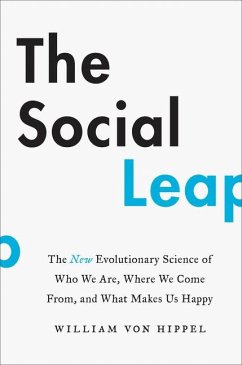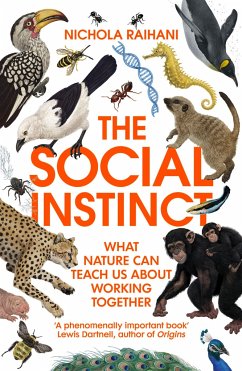
The Social Origins of Language

PAYBACK Punkte
20 °P sammeln!
The origins of human language remain hotly debated. Despite growing appreciation of cognitive and neural continuity between humans and other animals, an evolutionary account of human language - in its modern form - remains as elusive as ever. The Social Origins of Language provides a novel perspective on this question and charts a new path toward its resolution. In the lead essay, Robert Seyfarth and Dorothy Cheney draw on their decades-long pioneering research on monkeys and baboons in the wild to show how primates use vocalizations to modulate social dynamics. They argue that key elements of...
The origins of human language remain hotly debated. Despite growing appreciation of cognitive and neural continuity between humans and other animals, an evolutionary account of human language - in its modern form - remains as elusive as ever. The Social Origins of Language provides a novel perspective on this question and charts a new path toward its resolution. In the lead essay, Robert Seyfarth and Dorothy Cheney draw on their decades-long pioneering research on monkeys and baboons in the wild to show how primates use vocalizations to modulate social dynamics. They argue that key elements of human language emerged from the need to decipher and encode complex social interactions. In other words, social communication is the biological foundation upon which evolution built more complex language.













